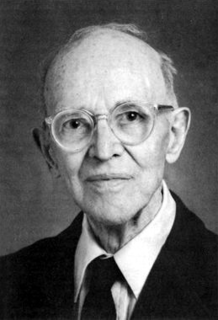A Quote by Gautama Buddha
If the selflessness of phenomena is analyzed and if this analysis is cultivated, it causes the effect of attaining nirvana. through no other cause does one come to peace.
Related Quotes
Wonder [admiratio astonishment, marvel] is a kind of desire for knowledge. The situation arises when one sees an effect and does not know its cause, or when the cause of the particular effect is one that exceeds his power of understanding. Hence, wonder is a cause of pleasure insofar as there is annexed the hope of attaining understanding of that which one wants to know. ... For desire is especially aroused by the awareness of ignorance, and consequently a man takes the greatest pleasure in those things which he discovers for himself or learns from the ground up.
There are various causes for the generation of force: a tensed spring, an air current, a falling mass of water, fire burning under a boiler, a metal that dissolves in an acid-one and the same effect can be produced by means of all these various causes. But in the animal body we recognise only one cause as the ultimate cause of all generation of force, and that is the reciprocal interaction exerted on one another by the constituents of the food and the oxygen of the air. The only known and ultimate cause of the vital activity in the animal as well as in the plant is a chemical process.
God thus excludes the world; he is only its cause; in no sense is he effect, of himself or anything else. Pantheism (better, "pandeism," for again it is not really the theos that is described) means that God is the integral totality of ordinary cause-effects, and that there, is no super-cause independent of ordinary causes and effects.






























